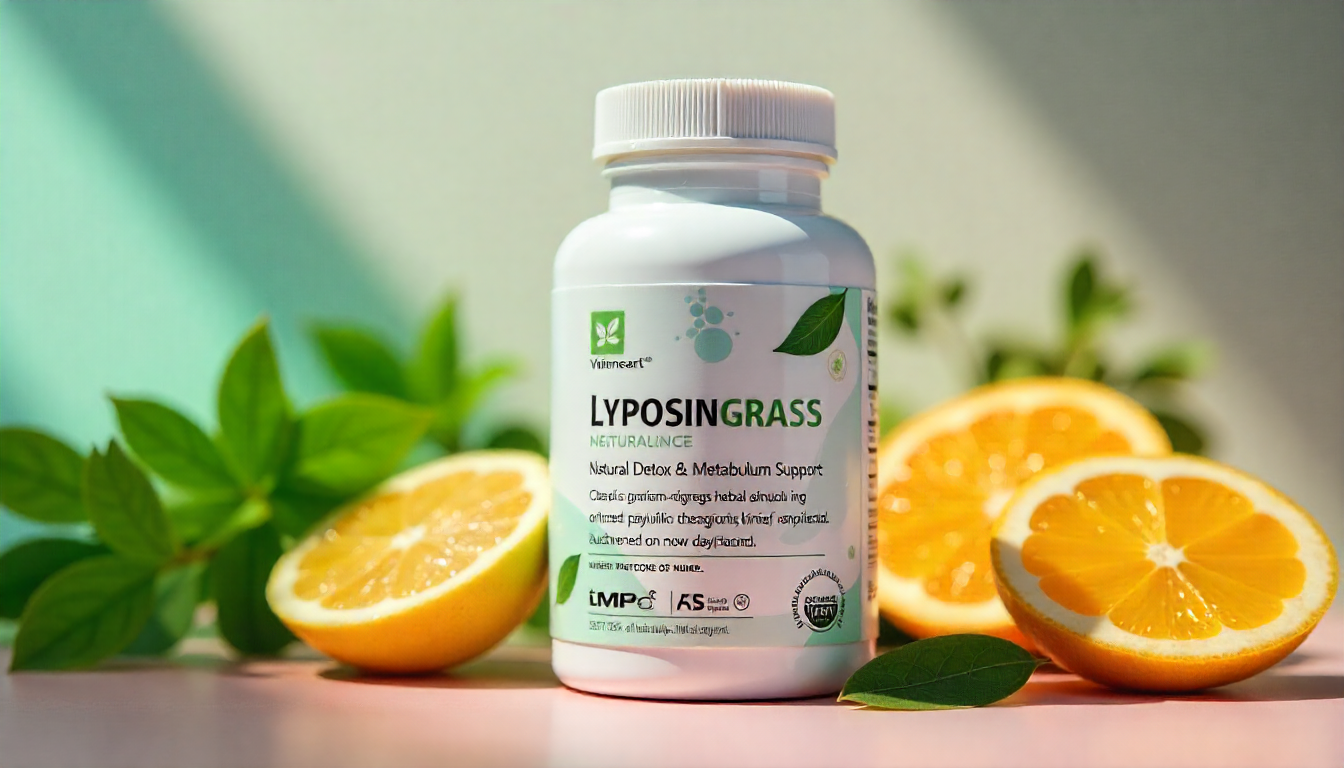In the world of wellness, new names pop up almost every week. But few have stirred as much curiosity as Lyposingrass. The name sounds scientific, natural, and health-focused—like something you’d see on a trendy detox tea or metabolism booster.
But what is Lyposingrass, really? Is it a super herb? A supplement? A clever brand name? Let’s find out.
What Is Lyposingrass?
At first glance, Lyposingrass sounds like a plant. The word blends:
- “Lypo” – from lipos, meaning fat (as in lipolysis or lipid).
- “Grass” – suggesting a natural, green, herb-like substance.
Put together, Lyposingrass gives off the vibe of a plant-based supplement that might support fat metabolism or detox.
But here’s the thing—there’s no scientific plant or herb officially named Lyposingrass. It seems to be a new concept, possibly invented as a marketing term or future product name.
Where Is It Being Used?
Lyposingrass is showing up on wellness websites and in blog posts. People are talking about it as:
- A digestive aid
- A fat-burning booster
- A detox ingredient
- A natural supplement with antioxidants
Some articles describe it as a “nutritional powerhouse,” but very few give real details about where it comes from or what’s actually in it.
Possible Benefits (Still Unproven)
While no formal research exists, early claims around Lyposingrass include:
- Helping the body break down fat
- Cleansing the liver and gut
- Boosting the immune system
- Supporting natural energy levels
- Providing antioxidants
These benefits sound great, but remember: they’re not backed by science yet. Until studies confirm it, all these claims should be taken with caution.
Why It’s Gaining Popularity
Lyposingrass is catchy, fresh, and full of buzzwords. In a crowded wellness market, that makes it stand out. Here’s why it’s trending:
- It sounds plant-based and healthy
- It’s completely unique—no other herb or supplement has this name
- It fits perfectly with modern wellness language like “cleanse,” “burn,” and “natural”
- Marketers love it—it’s easy to brand and build products around
Is Lyposingrass Real or Just a Trendy Label?
Right now, it’s more of an idea than a real ingredient. Some products might use it as part of a formula, or even as a code name for a blend of herbs.
There are no published studies, no known plant sources, and no approved health claims. That doesn’t mean it’s fake—but it does mean you should be cautious.
How to Approach Lyposingrass Products
If you see Lyposingrass on a label or ad, ask yourself:
- Is the ingredient list clear?
- Is Lyposingrass backed by any testing or certification?
- Are there reviews from real customers?
- Does the company explain what it actually is?
Until there’s more clarity, it’s best to treat it like a trend, not a treatment.
User Testimonials: What People Are Saying About Lyposingrass
Here’s how everyday users, wellness experts, and creators are reacting to Lyposingrass—the latest buzz in the wellness world.
Emily R. – Yoga Instructor
“I started using a detox tea that listed Lyposingrass as a main ingredient. While I’m still unsure what exactly it is, I definitely noticed less bloating and a bit more energy in my mornings. It’s become part of my weekend wellness routine.”
Malik H. – Wellness Blogger
“Lyposingrass caught my eye because of the name—I’m a sucker for cool-sounding herbs. I tried a supplement with it for 3 weeks. While I can’t say it’s magical, it did help me stay regular and felt gentler than other detox blends.”
Sofia G. – Plant-Based Chef
“I infused Lyposingrass into a homemade tea for my pop-up brunch. My guests loved the light citrusy-mint flavor. Whether or not it has health benefits, it’s delicious and very marketable!”
Dr. Jonas V. – Naturopathic Practitioner
“There’s not much scientific literature on Lyposingrass yet, but I’ve seen it show up in several detox blends. Clients report feeling lighter and more energized, though more research is definitely needed.”
Alex M. – Everyday Consumer,
“I bought a metabolism support capsule from a wellness brand that mentioned Lyposingrass. The packaging was vague, but it worked well with my morning routine. Not a miracle cure—but not bad either.”
What the Future Holds
Lyposingrass might be the next big thing—or it might fade away like many short-lived health fads. But if more research happens, or if a real plant behind the name is identified, we could see it appear in:
- Herbal teas
- Weight management supplements
- Skincare products
- Natural detox kits
For now, it’s a well-marketed mystery, not a medical miracle.
Conclusion
Lyposingrass is the kind of wellness buzzword that grabs attention fast. It sounds powerful, healthy, and natural—but there’s still a lot we don’t know.
If you’re curious, keep watching the trend. But if you’re shopping for real wellness results, stick with proven ingredients and trusted products.
As always—ask questions, read labels, and make informed choices.
FAQs
Is Lyposingrass a real plant?
No known plant has that name officially. It may be a branding or product term.
Can it help with weight loss?
Maybe—but there’s no scientific proof yet.
Where can I buy it?
Some teas and supplements list Lyposingrass, but check if it’s clearly labeled and backed by reviews or testing.
Is it safe?
No side effects are listed, but without verified ingredients, it’s smart to be cautious.
Why is it popular now?
It’s a fresh, wellness-friendly name that sounds natural and trendy—perfect for marketing.
